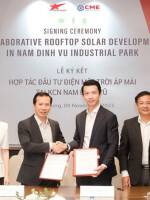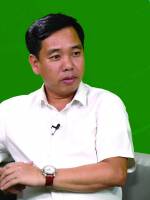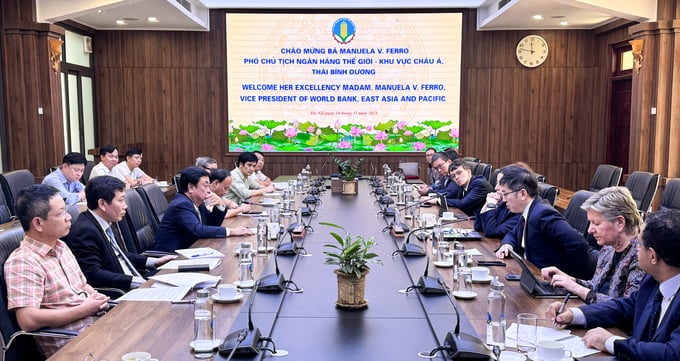
On November 10, Minister Le Minh Hoan discussed with Ms. Manuela Ferro, Vice President of the World Bank (WB) East Asia-Pacific region. Key topics included the pilot auction of credits for reducing excess emissions, a high-quality rice program covering one million hectares, and the Mekong Delta Climate Change Adaptation (MERIT) project.
Ms. Ferro, the WB Vice President, commended Vietnam’s agricultural sector for its continuous efforts, stating that Vietnam serves as a model for the region and the world. Initiatives such as afforestation, selling carbon credits, and rice research for emissions reduction have been adopted by the WB in China and Indonesia. Emphasizing the value of carbon credits for farmers dependent on forests, Ms. Ferro expressed the WB’s intention to assist Vietnam in profiting from these credits and creating a Vietnamese carbon brand in the global market.
In preparation for the COP28 Conference (scheduled from November 30 to December 12), the WB proposed that Vietnam officially announce the auction of excess carbon credits. This move will demonstrate Vietnam’s commitment to the financialization of emissions reduction, aligning with Prime Minister Pham Minh Chinh’s pledge at the COP26 summit to achieve net-zero emissions by 2050.
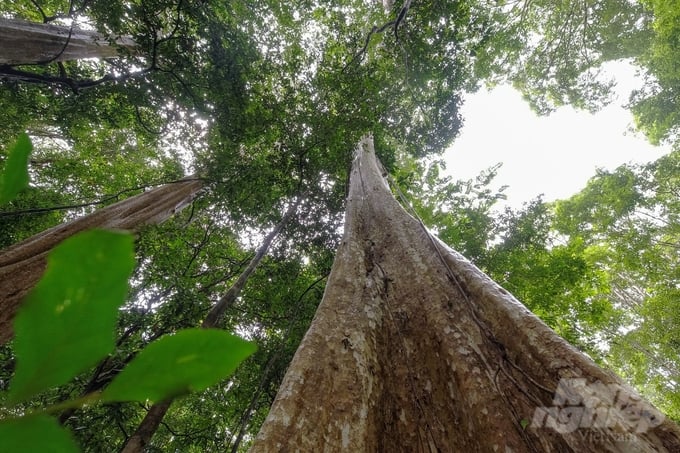
Concerning the North Central Region Emission Reduction Payment Agreement (ERPA), 10.3 million tons of CO2 were successfully accounted for in the initial reporting period, with the WB disbursing funds to the Ministry of Agriculture and Rural Development. The Ministry plans to propose the transfer of an additional 1 million tons of CO2 from the first report period, pilot an auction of 500,000 to 1 million tons of CO2, and explore commercial options to transfer the remaining CO2 to potential partners supporting forest development in the North Central region.
To enhance the capacity of donors of the Carbon Finance Fund, the Ministry will send experts in the coming period. This ensures seamless coordination between regulators, donors, and carbon credit providers in activities supporting emissions reduction and sustainable development.
The 1 million hectares of high-quality rice project, set to begin in 2024 with approximately 300,000 hectares based on the VnSAT Project, aims not only to reduce methane emissions but also to promote a circular economy in agriculture. Minister Le Minh Hoan highlighted the government’s keen interest in accelerating project approval, citing its significance in transforming the agricultural system and supporting Mekong Delta farmers while contributing to food security.
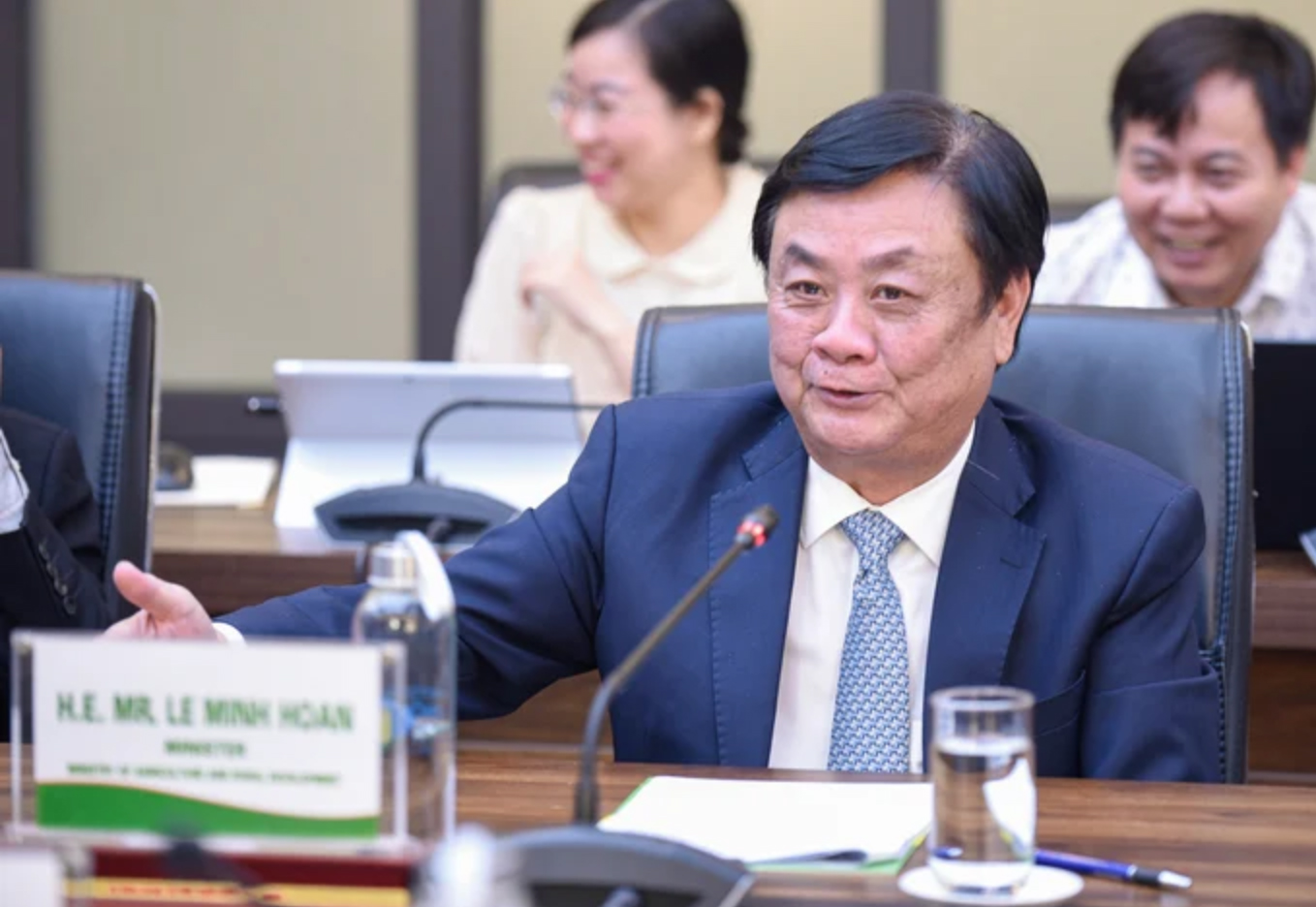
To support the project, the Ministry of Agriculture and Rural Development will establish a Low Carbon Rice Innovation Partnership group, including representatives from international organizations, large businesses, and banks. This group will discuss and propose solutions in monitoring, reporting, and verification (MRV), communication, and digital technology applications for managing rice production to reduce emissions.
Within the sustainable rice development program, the Ministry aims to leverage $400 million in financial resources sponsored by the WB. Access to this funding source is contingent on the government expediting the project preparation process related to bank-sponsored activities. As per new regulations, each locality participating in the project must propose an independent project, presenting a challenge that the Ministry commits to facilitating.
Despite positive indicators, delays in approving the Mekong Delta Climate Change Adaptation Project (MERIT) prepared two years ago may lead to funding cuts. The WB Vice President urged the Ministry to promptly submit the MERIT Project to the WB Management Council, emphasizing the urgency in light of potential challenges faced by Mekong Delta farmers, especially with the anticipated duration of El Nino.
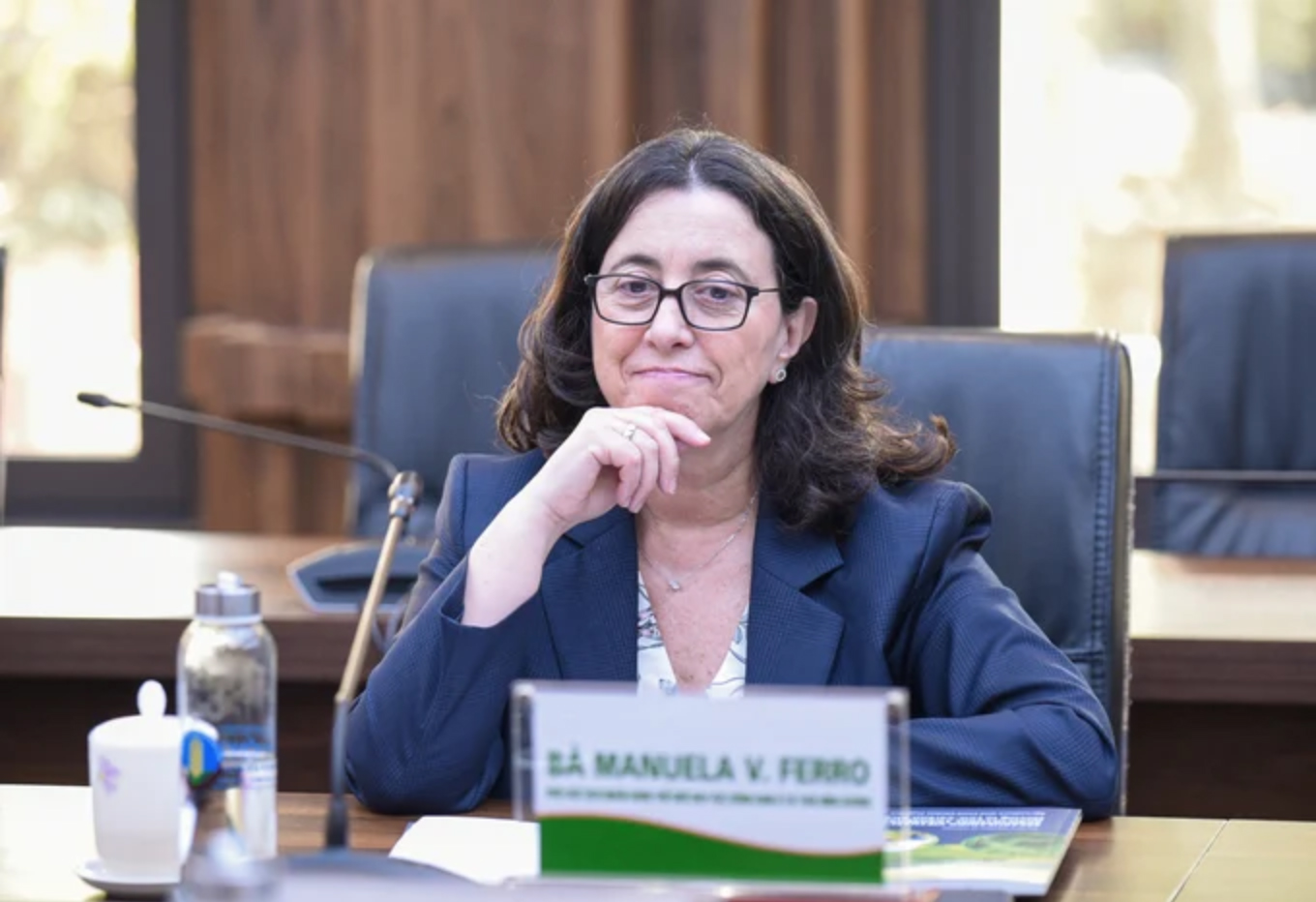
While the Ministry has actively provided the necessary information, it awaits an official response from the Ministry of Finance, which is crucial for project progression. The Ministry has also encountered challenges in current regulations, preventing simultaneous pre-feasibility and feasibility studies. In response, the Ministry plans to report to the Prime Minister, proposing appropriate mechanisms to expedite progress and reaffirming its commitment to allocate counterpart funds for timely project preparation.
Vice President Ferro advised the Ministry to simplify processes and break them into stages, aligning with the WB President’s motto: “Done is better than perfect.” Cooperation with various stakeholders and a staged approach based on industry or government hierarchy were suggested to navigate these challenges effectively.
Quynh Chi


